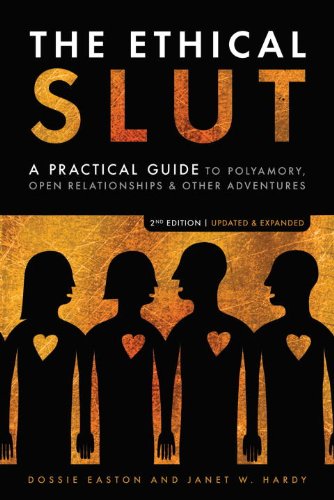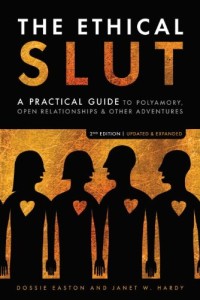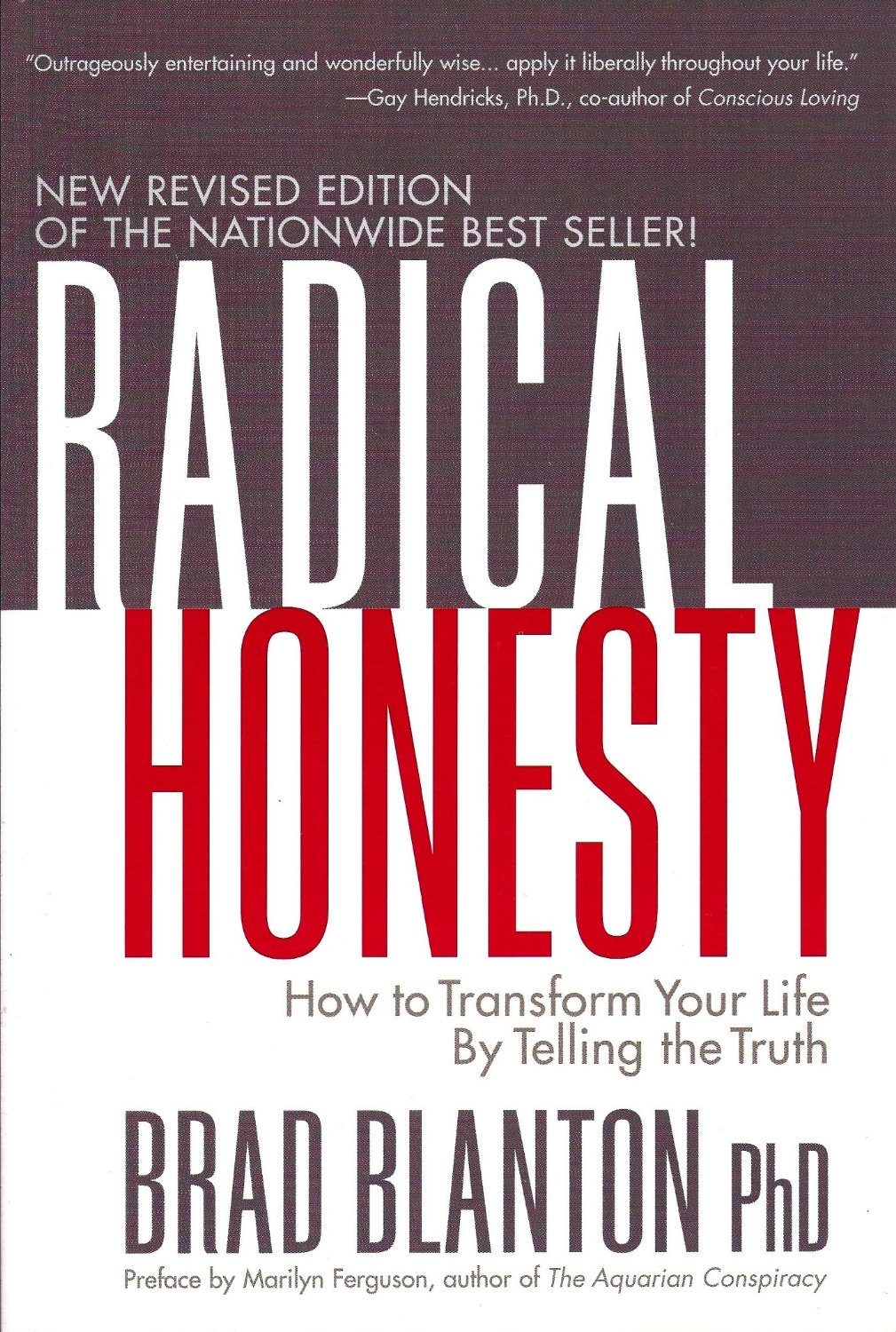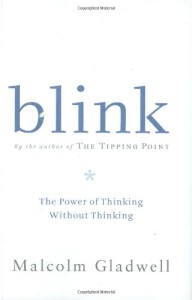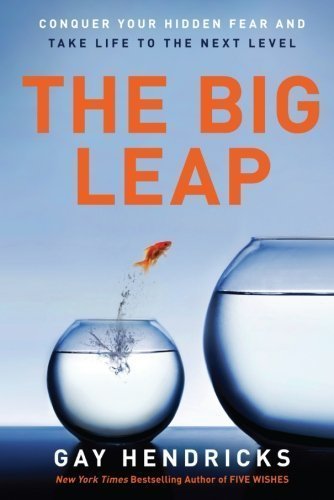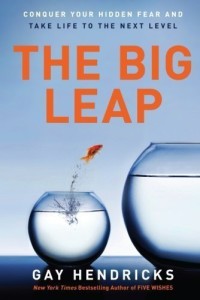How to Stop Caring What Other People Think
I wrote a little in my previous article Challenging Assumptions about the tendency to really invest in what other people think about us and this caused me to ponder about the crux of that worry. Where does all of that come from? Can I track my own insecurity to the source and learn to let it go? So this week I present you with my two part solution to less worry and more joy: Stop giving a fuck about what other people think and stop feeling sorry for yourself. This may sound a little severe. However I think we when you begin grappling with the subject of insecurity I encourage if only for a few moments a day to look into the puckish influences in your world. A large part of what got to me to come around to this idea was the suggestion that maybe just maybe, I was taking things a little too seriously. There is freedom to be found in finding the humor in the world. Levity is one of my core values followed closely by freedom. Specifically freedom from the garbage we clutter our minds with. We create rigid patterns of behavior for what is acceptable, or expected as we become adults and those ideas keep us from enjoying the awesome things around us. In this article I offer up some of my personal experiences on my quest to freedom from the fucks I give and the journey out of self pity. So let us begin.
All around me I hear worries and frets about judgement. From my coworkers, my family, even my boss a few times. And within my own mindspace I found myself paying extra attention to that inner critic who delighted in mentioning how I had screwed up in various situations. I listened to all of these searching for some sort of correlation between the worries and their causes, ultimately seeking a solution.
“What if my boss thinks…”’
“What if they are talking about me?”
“I’ll bet they are saying…”
“I just want them to recognize what I do.”
“Am I pretty enough?”
A myriad of influences is constantly reminding us that we are not good enough. So much money is spent on advertising designed to remind us that we are not content or complete. One almost cannot escape inundation of ads. Our social media targets ads to us based on our interests, magazines at the checkout, billboards on the drive home. All playing on the idea that you are not complete and maybe with new underwear or a piece of furniture we would not feel so alone. It is impossible to seduce people who are secure and content in their lives, but suggest they are missing out or somehow deficient and you have created a loyal customer. I could use this moment to take a cheap shot at men’s magazines which offer the same message repeatedly: “YOU AREN’T GOOD ENOUGH, BUY SOMETHING TO FILL THE EMPTINESS!” or “LOOK AT THIS PERFECT BEARD YOU DO NOT HAVE.” but won’t. I am not here to blame advertising, the music industry, or social media for making you feel insecure. Don’t get me wrong, they are diabolical at best. But I hold you accountable for your own feelings, my friend. I think you are smart enough and capable enough to see the folly of falling into the tar pit that is advertising. Hold yourself responsible for the way you respond, feel and take action. See if you slowly feel a change in the way you perceive the world by simply taking notice of the pressure from your culture, peer group or television. So here is my prescription to all the internal trepidation. My two part solution to being happy in this world: Stop caring about that which truly does not matter and stop feeling sorry for yourself.
Next time you’re in a situation which makes you uncomfortable, maybe you are meeting your girlfriend’s parents for the first time, or maybe it is a social gathering that has you in a tizzy, or perhaps you are thinking of a way to start a conversation with that cute girl from work, in that instance consider for one second: No one really cares what you are doing. Not even a little bit. In fact they are more than likely wrapped up in their own fear and insecurity and terrified that you can see that they feel weird wearing a new shirt. They are worried about the same stuff you are worried about. Think of that: everyone is afraid and their fear makes them closed off. So what can one do to stop the cycle of fear? First step in breaking the cycle of fearing what other people will think is to change what you normally do when you are afraid. For example, think about the last time you were in a social situation and you noticed someone who was kind of on the outside of the action. Perhaps a fellow who kept to himself and all the interactions he had with people seem very surface level and short. Often a self fulfilling prophecy going on in these instances. If this man perceives that no one at the party is talking to him because he is boring or unattractive, then he begins to come across as boring fellow you do not want to talk to. We can very easily convince ourselves of the things we worry most about. We spend so much time thinking about all the things in the universe we don’t want, only to be surprised when that stuff shows up. What would happen if we spent half as much energy thinking about that which we do want to bring into our world and working toward those goals? What does life look like when we turn our attention toward what we do want rather than what we fear? Then to take it a step further what would happen if we stopped playing an observer and shifted into action? What does our world look like then? So instead of simply noticing this man who seem to unable to make a connection what if we approached him and began a conversation? Or perhaps we notice that we are that person at the party, we feel cut off and only able to make surface interactions? What would happen if instead of withdrawing into the self and conjuring a story about why no one is approaching us, instead we recognized that as fear and began to behave just a differently? How would you act if you didn’t take everything, especially yourself, so seriously?
This is where part two of this article comes into play: Stop feeling sorry for yourself. We have a tendency when we are afraid of under stress to fall into victim thought patterns. We become certain that no one speaks to us at the party because we are weird looking. Or maybe we take it a step further and become combative; no one spoke to us at the party because clearly they cannot recognize our genius and everyone at that party must have been a bunch of blockheads.
Horseapples. Stop it. Stop it right now. Victim style thinking keeps us small and reaffirms that the whole world always wins and we always lose. Those thought patterns are cyclical and it is possible to live our whole lives in those patterns. There is little fulfillment is a life filled with those ideas, there is no adventure in turning yourself into a martyr. I want you to step outside your own story for a moment and I want you to observe yourself. When you perceive yourself as a victim, how can you enact change in your world? So the next time you are in a social situation and you notice yourself beginning to feel dejected because no one has engaged you in conversation, or your begin telling yourself there is no point in speaking to anyone because they will probably reject your brilliance anyway, I want you to halt those thoughts. Just for a moment recognize them as victim level thought patterns. So many people avoid actual connection or intimacy out of fear of being rejected. we avoid growth. So I encourage you again to approach someone and begin a connection. Even if the outcome is not exactly what you want, you will not spontaneously combust because that person wasn’t interested. You will not die. It is scary as hell to approach people, no joke. I recognize this as one of the biggest lessons we learn, one of the biggest obstacles to overcome. In the moments you are terrified, or in the moments someone is not interested in you, remember it is not about that person. This process is about creating experiences. The more experiences you create less fear you hold on to, and as your fear diminishes the cycle of victim thinking begins to evolve into something else. Do you begin to perceive that there are fewer negative situations you have to “deal” with and more adventures? The benefit to not caring what other people think is you are free to pursue life for the sake of experience, for the sake of adventure and growth. As you let go of victim thinking your entire world opens up into infinite possibility.
Now when I suggest a stepping stone on your way to leading a happier life is to stop giving a fuck what other people think I am not suggesting a diversion from the path of growth. I am not advocating the path of least resistance, couch surfing through life. Quite the contrary. I want you to focus in on your goals with an intensity that is intimidating and chase them down like a lion after a gazelle, but take the self doubt and worry about the thoughts of other out of the whole equation. You are the only person in the world responsible for your growth, you are accountable to yourself. No one else is walking your path, chasing your particular gazelles, so why get bent out of shape about the opinions of others? Consider this: There is only one person in this world you trying to make happy and that is yourself. I postulate that there is a fallacy behind the search for happiness. It is an illusion because it is suggesting that happiness is some mystical force outside of yourself that must be caught. Happiness painted as something to be found at the end of a grand adventure, or in another person, or in physical possessions. And I really do not believe that to be true. I operate under the philosophy that happiness exists, along with everything else you need, within you. You are whole. One simply needs more practice with the skill set of growth. That is what the process of developing the self is all about, practicing with new tools. Buddhist teachings tell us that grasping and chasing things is a major source of unhappiness. We live in a society that is obsessed with productivity, quarterly reports and achievement. There is nothing at all wrong with productivity or hard work. The trouble comes when we are doing those things without awareness which leads us to neurosis. We place such value on “getting” to the next level of reward or status that we create a cycle of strife simply by continuing to chase temporary things. Often those things are not even determined by us, they are dictated to us by other people. Happiness is not some illuminated state wherein you reach that understanding nothing else in the world is difficult. Happiness, like enlightenment is a moment, and we have to make a practice of cultivating those moments within. So go out! Leave all the fucks you give at home with your victim thoughts and go have an adventure.

